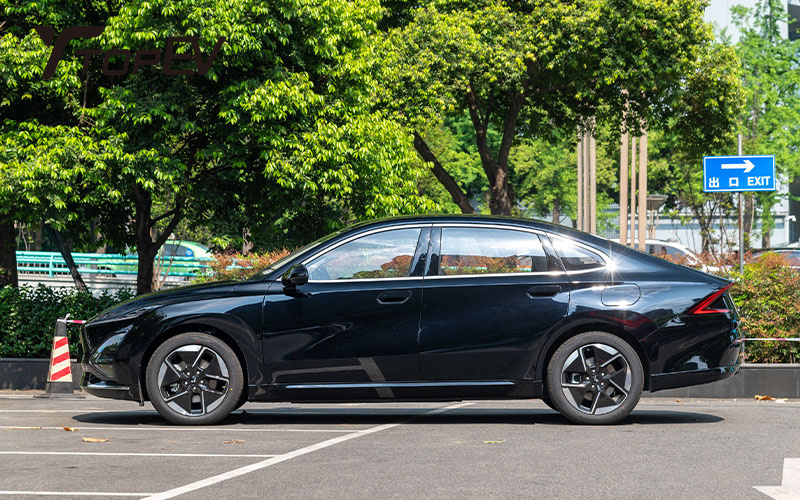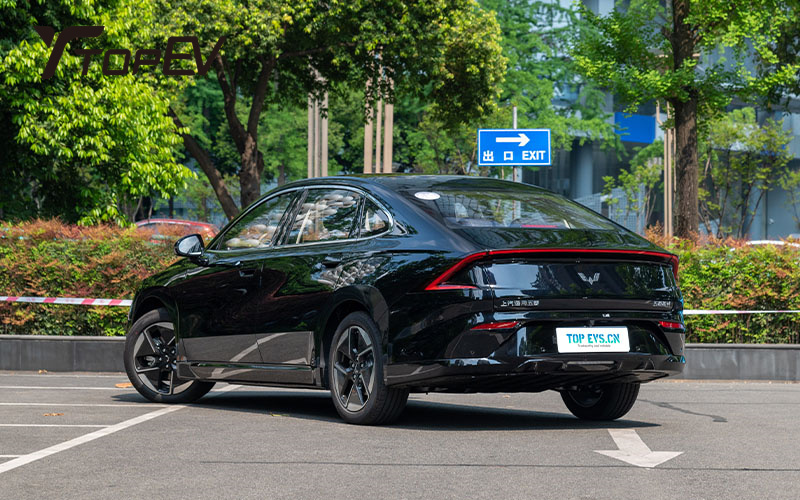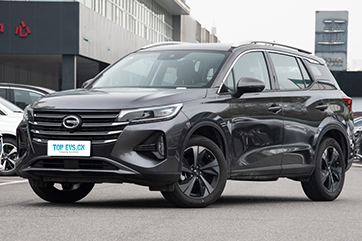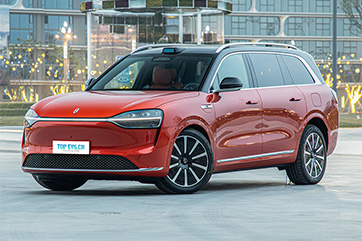
The company is dedicated to making strong combination, utilizing the advantages of each
shareholder .
Fast Link
NEWSLETTER
Do you want to know more about our products?
Service Mobile
+86 18437960706
E-mail
Email: info@gneenev.com



.jpg)



.jpg)




